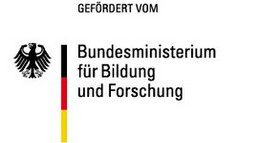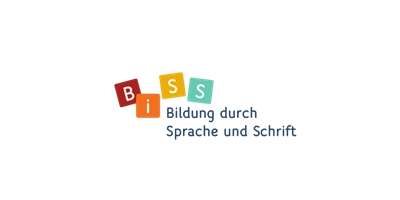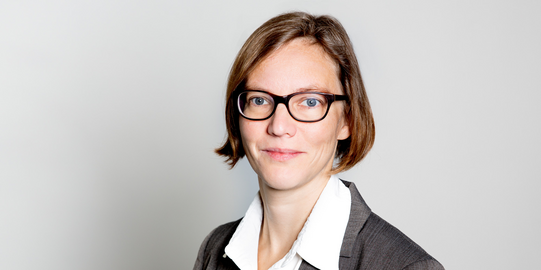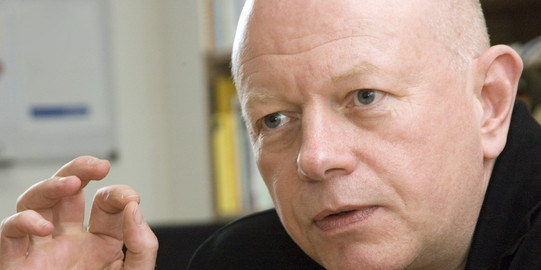BiSS-EvalLesen - Evaluation of Approaches and Methods of Multidisciplinary Reading Promotion in Primary Education
“Biss-EvalLesen” is a comprehensive formative and summative evaluation of the effectiveness and efficiency of reading and diagnostics programs for elementary school children within the overall program “Education through Language and Writing” (BiSS). The design includes recommendations for further development within the program.
Funding

Project description
The project “BiSS-EvalLesen” is a comprehensive formative and summative evaluation of the effectiveness and efficiency of the reading and diagnostics programs for elementary school children within the federal-state initiative “Education through Language and Writing” (BiSS). BiSS implements concepts and methods to promote language education of children and adolescents in over 100 educational institutions.

In this effort schools and partner institutions join together in working groups to work on various aspects of language education. BiSS-EvalLesen specifically evaluates those partnerships dealing with interdisciplinary reading promotion at the elementary school level.
The implementation of the diagnostic and support frameworks of the six specific working groups are systematically evaluated through questionnaires, interviews, testing data, analysis of instructional material, and video analysis of classroom instruction. The evaluation of progress and development takes into account the self-defined aims and goals of the respective working group, and systematically publishes results on: (1) Development, (2) Implementation, and (3) Quality of Measures. These results are made available to the schools participating in BiSS. In a longitudinal design, participating children are compared with a control group across one grade. BiSS schools are also arranged within the national comparison of the IQB.
Overall, BiSS-EvalLesen supports the further development of the design, structure, and implementation of the evaluated measures, and assists in making accessible knowledge and experience in order to further support measures promoting language and reading education.
Lead researcher at IFS
Project management
- Dr. Franziska Schwabe
Project team
- Jennifer Igler
- PD Dr. phil. habil. Miriam M. Gebauer
- Dr. Annika Ohle-Peters
- Theresa Schlitter
External project partners
- Prof. Dr. Olaf Köller (Leibniz-Institut für die Pädagogik der Naturwissenschaften und Mathematik)
- Annika Teerling (Leibniz-Institut für die Pädagogik der Naturwissenschaften und Mathematik)
Publication of the results
Further information: http://www.biss-sprachbildung.de






![[Translate to English:] [Translate to English:]](/storages/ifs-ep/_processed_/8/5/csm_AdobeStock_412860748_9a2dbb816c.jpeg)

